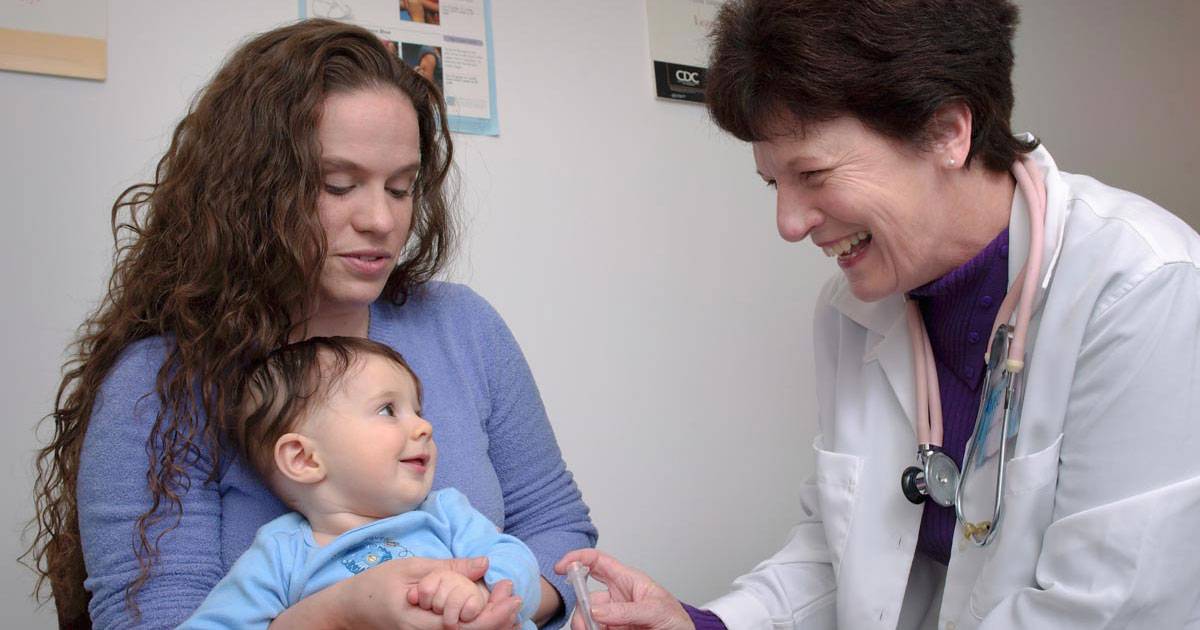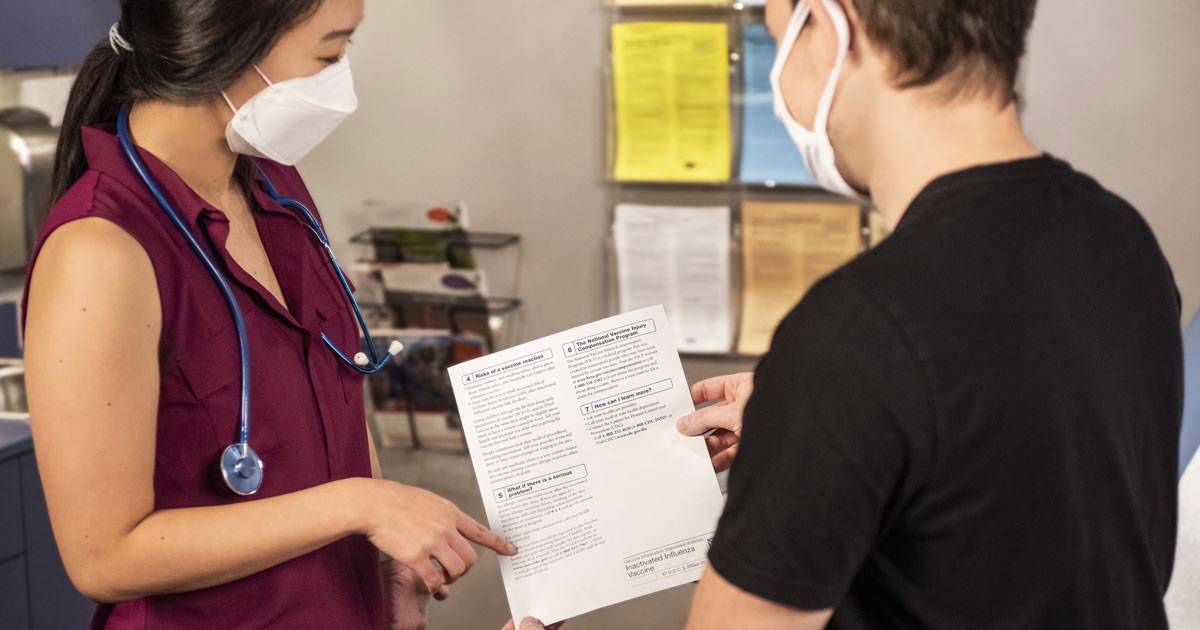Patient-centered wellness experience is the goal of medical care provided in The Hospital at Maayo. Apart from providing top-notch facilities, the institution offers services dedicated to treating specific health issues, putting together truly holistic care for patients.
One of the areas we specialize in is liver wellness. With the growing burden of hepatitis infection in the country, we strive to help people take care of their liver health more intentionally. In observation of Viral Hepatitis Awareness and Prevention Month this January, we’ll be tackling in this article the ABCs of hepatitis, as well as other infection types, so you can take a more active role in prevention.
What is Hepatitis?
“Hepat” refers to the liver, “itis” is a suffix that means inflammation. Taken together, the word hepatitis means inflammation of the liver. Depending on the causes, the health condition is categorized as viral hepatitis or toxic hepatitis.
Viral hepatitis, from its name, is liver inflammation caused by a virus. It can last less than six months (acute hepatitis) or carry on for more than six months, years, or even a lifetime (chronic hepatitis). Viral hepatitis comes in five different types.
Meanwhile, toxic hepatitis is inflammation of the liver in response to exposure to substances. This health condition can develop within hours or days of toxin exposure. Some patients, however, may exhibit hepatitis symptoms months after being exposed to the toxin.
What are the Types of Viral Hepatitis?
The five main classifications of viral hepatitis are A, B, C, D, and E. Each condition is caused by a different virus. Similarly, the common route of transmission varies. But the symptoms across different types are somewhat similar, often involving stomach pain, jaundice, dark urine, nausea, fatigue, loss of appetite, and joint pain.
These are the types and causes of viral hepatitis:
1. Hepatitis A
Caused by hepatitis A virus (HAV), this condition is found in the stool and blood of someone infected. It can be transmitted through the intake of fecal-contaminated food and water or direct contact with an infected person. For this reason, the ones who are most at risk for the disease are people who have poor sanitation and access to safe water.
Unlike other types, most of these cases are acute. The hepatitis symptoms mentioned above can last up to two months. Eventually, patients recover and develop immunity for life. Even then, there are some incidents of death from hepatitis A, as the disease progresses to sudden liver failure.
2. Hepatitis B
This condition results from the hepatitis B virus, which is often spread through bodily fluids, such as blood or semen. Individuals who have unprotected sex with multiple partners or someone infected are at risk for developing the disease. Sharing syringes or needles and being born from an infected mother may likewise increase vulnerability.
In some cases, the condition is acute. For others, it can be chronic, lasting for years and resulting in life-threatening conditions, such as liver cancer or cirrhosis (liver scarring). According to a 2019 report from the World Health Organization (WHO), one in 10 people in the Philippines has chronic hepatitis B.
3. Hepatitis C
This condition is caused by hepatitis C, a type of virus passed via contact with blood from an infected person. This happens when there’s sharing of syringes and other tools used for injecting medications into the body. For this reason, the ones who are most vulnerable to the disease are those that use injection drugs. Sexual intercourse, which may involve contact with bodily fluids from genital sores or menstruation, can also increase risk for developing the disease.
Severe cases of hepatitis C often result in more serious liver problems, such as cirrhosis, liver cancer, or liver failure. The WHO report cited above mentioned that six in 1,000 people in the Philippines have chronic hepatitis C.
4. Hepatitis D
A rare form of hepatitis, it only happens among hepatitis B patients. It’s also transmitted through contact with bodily fluids of someone infected. There are two ways hepatitis D develops. The first one is co-infection, in which a person contracts both hepatitis B and D viruses. The second one is superinfection, where the patient gets hepatitis B, and over time, progresses to hepatitis D.
Aside from having hepatitis B, individuals are vulnerable to this kind of disease when they use injection drugs and engage in sexual intercourse with someone infected.
5. Hepatitis E
The hepatitis E virus is spread through contact with the stool of an infected person. Poor hand hygiene and access to clean water contribute to the disease. Ingesting undercooked meat from infected animals may likewise increase risk for the health problem.
Unlike other types of viral infections though, hepatitis E is acute. It usually goes away on its own after a month or two. During recovery, you’ll be advised to rest well, eat healthy food, drink lots of water, and avoid consuming alcohol.
What are the Types of Toxic Hepatitis?
The liver is responsible for removing toxins from the bloodstream. The process of breaking these down forms byproducts that can be damaging to the liver in large amounts. The types of toxic hepatitis are categorized based on the kinds of substances causing liver inflammation. The classifications include:
1. Alcohol-induced Hepatitis
Drinking too much alcohol can compromise liver health. Most alcoholic hepatitis patients have a history of consuming more than 100 grams a day for more than 20 years. Overweight heavy drinkers are more likely to develop the disease, which over time may advance to cirrhosis. This health condition is debilitating and life-threatening, affecting not only the patient but also their families. This is why hepatitis awareness, educating people about the risks and complications of the disease, is necessary.
2. Drug-Induced Hepatitis
This is a rare form of liver inflammation. Nonetheless, hepatitis can develop when you take too many certain medicines. Some over-the-counter and prescription medications that can increase the risk for hepatitis include anti-seizure drugs, anti-rheumatic drugs, antipsychotics, antidepressants, oral contraceptives, herbal and food supplements, and nonsteroidal anti-inflammatory drugs (NSAIDs), such as ibuprofen.
When drug-induced hepatitis is suspected, patients are advised to stop taking medications. Doctors keep a close eye on the patient’s health as the liver recovers.
3. Chemical-Induced Hepatitis
Harmful chemicals that may cause inflammation of the liver include carbon tetrachloride (a dry cleaning solvent), polychlorinated biphenyls (dielectric and coolant fluids), paraquat (an herbicide), and vinyl chloride (a chemical used in making plastics).
Workers in manufacturing industries are particularly vulnerable to the disease as they may inhale, ingest, or come into contact with these toxic chemicals. For patients with suspected infection, the hepatitis diagnosis involves a physical exam, blood tests, and imaging tests, all of which are available in our list of medical services.
How to Protect Your Family from Hepatitis
Despite the prevalence of hepatitis, the health condition is actually preventable. Since you already know that viruses and toxins cause it, you can take these concrete action steps and keep your liver healthy:
1. Get Vaccinated
Vaccines are the best way to fight hepatitis A and B viruses. Children aged as early as 12 months to 23 months can get the hepatitis A vaccine. But if they’re traveling abroad, they can get it as early as 6 months from birth. Individuals who are treated with blood clotting drugs should also take the vaccine. Take the jab if you’re traveling to countries where the disease is prevalent.
Parents are encouraged to have infants vaccinated against hepatitis B as well. Adults who are sexually active, have HIV infections, or work in a field that requires handling blood specimen must be inoculated too.
2. Wash Hands Regularly
As mentioned, hepatitis viruses can spread when you come into contact with something contaminated with an infected person’s bodily fluids or stool. Thus, it’s important to practice proper hand hygiene. Wash your hands after using the restroom or before preparing or eating food. When washing your hands, scrub between fingers, the back of the hands, and your wrists to make sure that everything is clean.
3. Stay Away from Unclean Food and Water
Avoid raw food. When eating outside, your meal should be hot to the touch. Try to steer clear from street food, since most of the vendors are unregulated. It’s also best to drink only bottled water.
If you’re traveling abroad, don’t drink from the tap. Boil it first to kill disease-causing viruses and bacteria. After boiling for a minute, allow it to cool before drinking.
4. Think Twice before Sharing Personal Items
These personal items include razors, toothbrushes, nail cutters, even towels. Remember, contact with an infected person’s bodily fluids can cause hepatitis infections. In the same way that you’re careful about not sharing personal items, you must also be proactive in settings outside of your personal circle. For instance, if you decide to get a piercing or tattoo, which requires the use of needles, ask about the sterilization practices and make sure they observe proper infection control and prevention.
5. Quit Drinking
As mentioned above, heavy alcohol consumption can cause liver damage. If you’re struggling cutting off alcohol in your daily routine, ask a professional. A therapist may help you uncover the reasons behind alcohol addiction and recommend steps for quitting. The support of loved ones may help as well. Be accountable to your significant other, sibling, or close friend as you commit to sobriety.
6. Be Smart and Responsible When Taking Medicines
To prevent drug-induced hepatitis, try to limit medications. Explore natural ways to manage existing health problems. For instance, in lowering blood pressure, instead of taking statins, exercise regularly, reduce caffeine and alcohol intake, cut back on sodium, and add more potassium to your diet. In instances, you really need to take medications, follow the directions carefully. Don’t go over the recommended dosage.
Hepatitis is a highly preventable health condition. Are you at risk? Take charge of your health and prioritize liver wellness. For a consultation, diagnosis, and treatment of liver diseases, contact The Hospital at Maayo.

































Leave a Reply